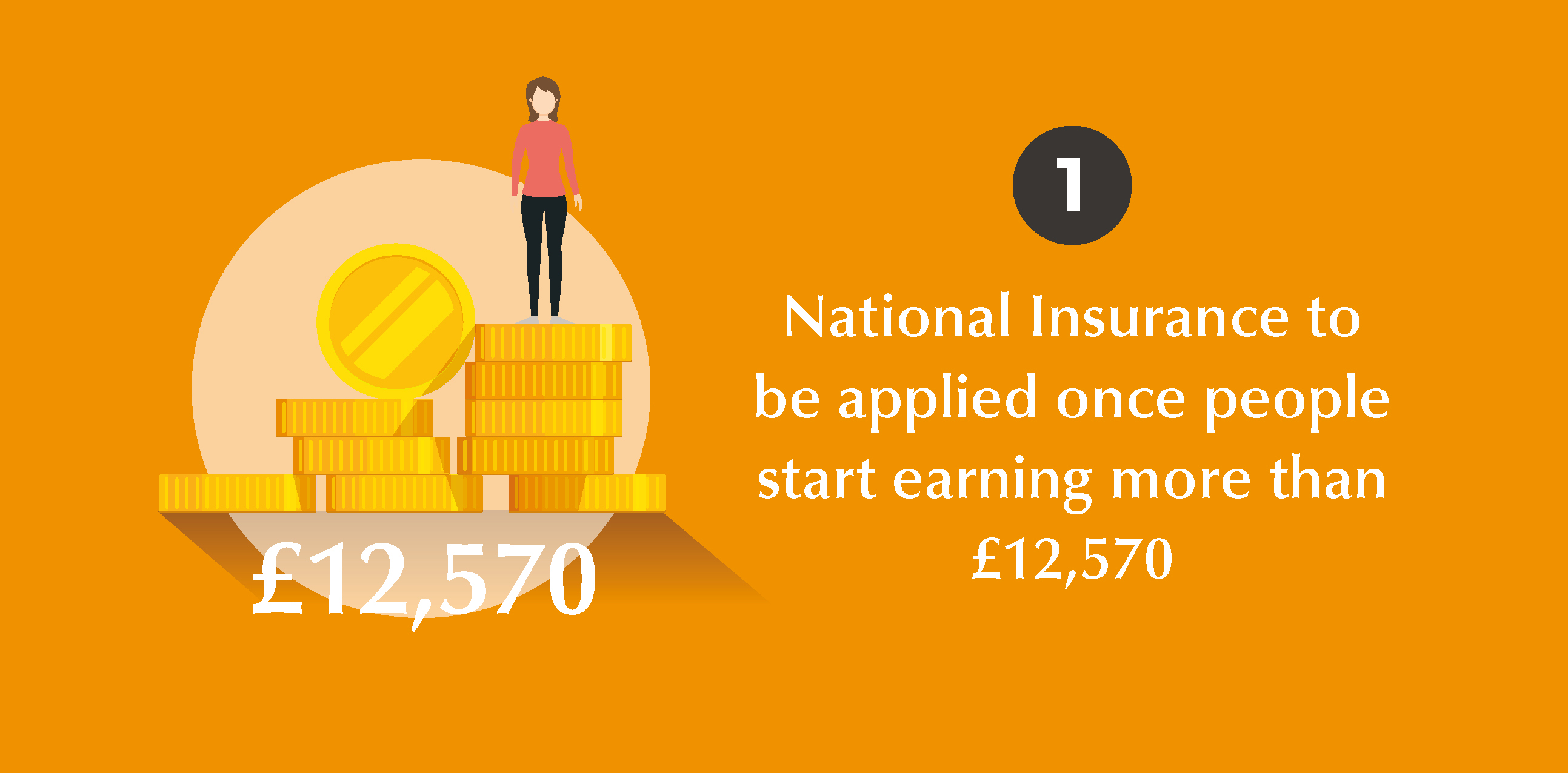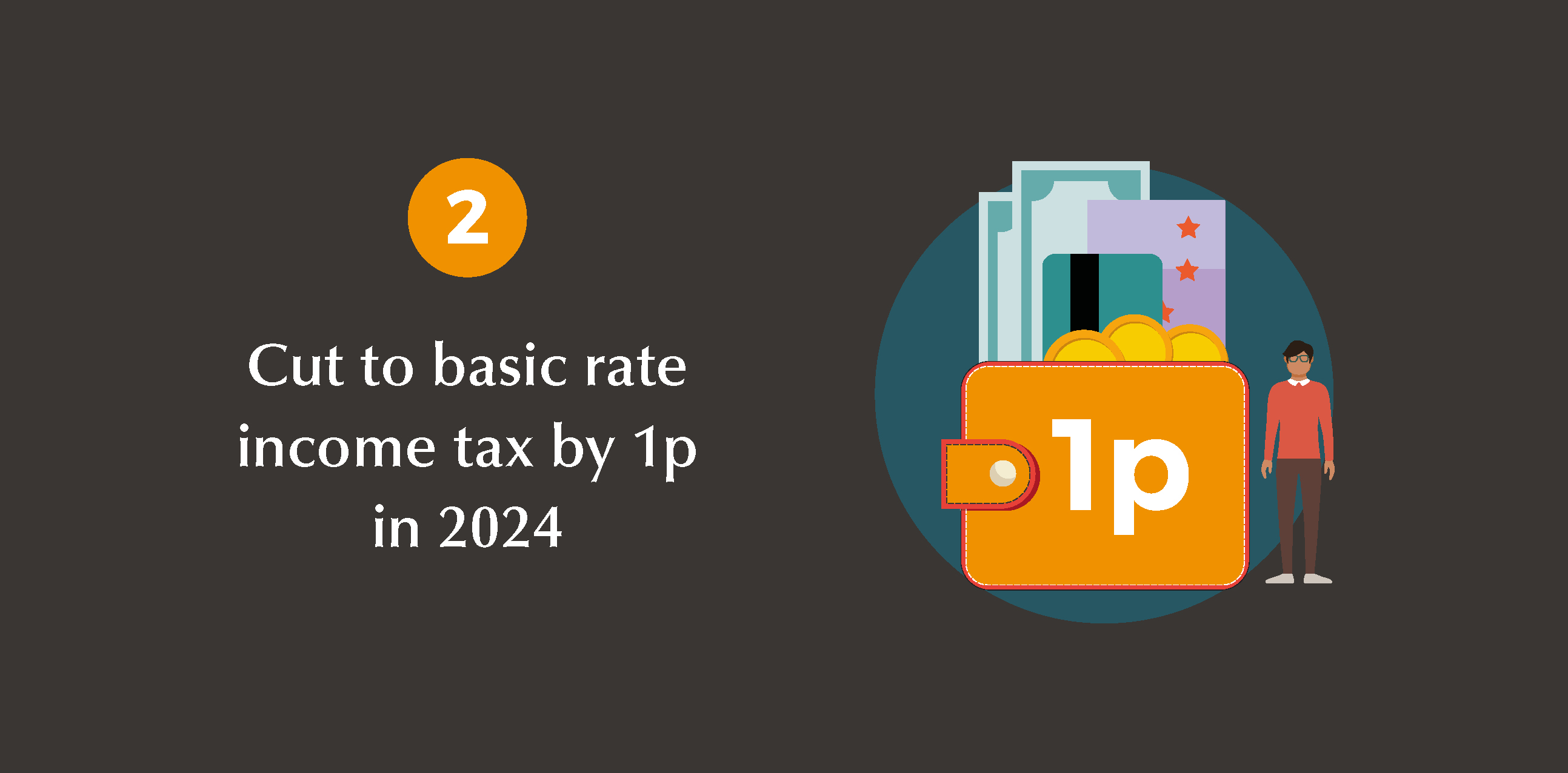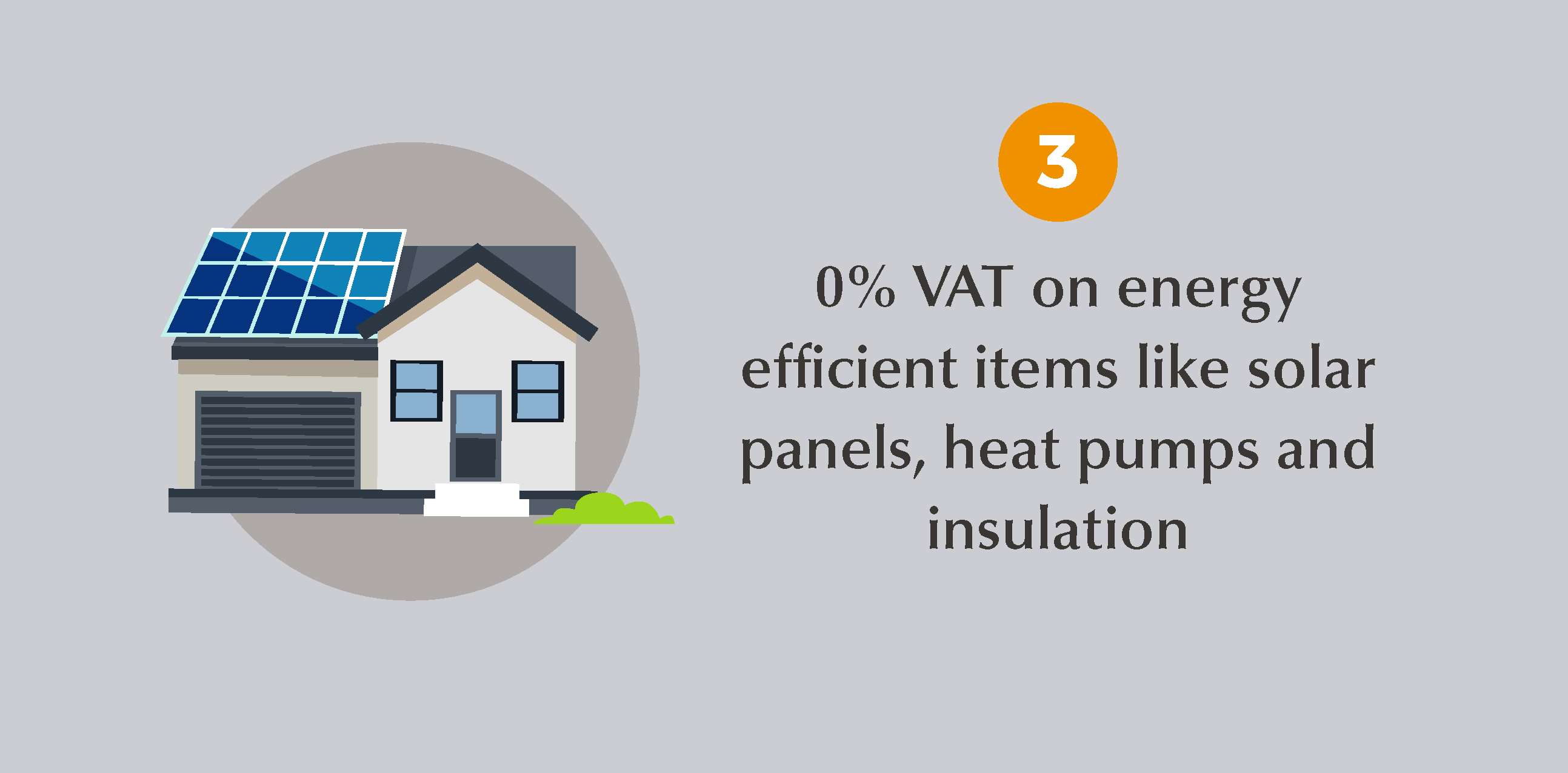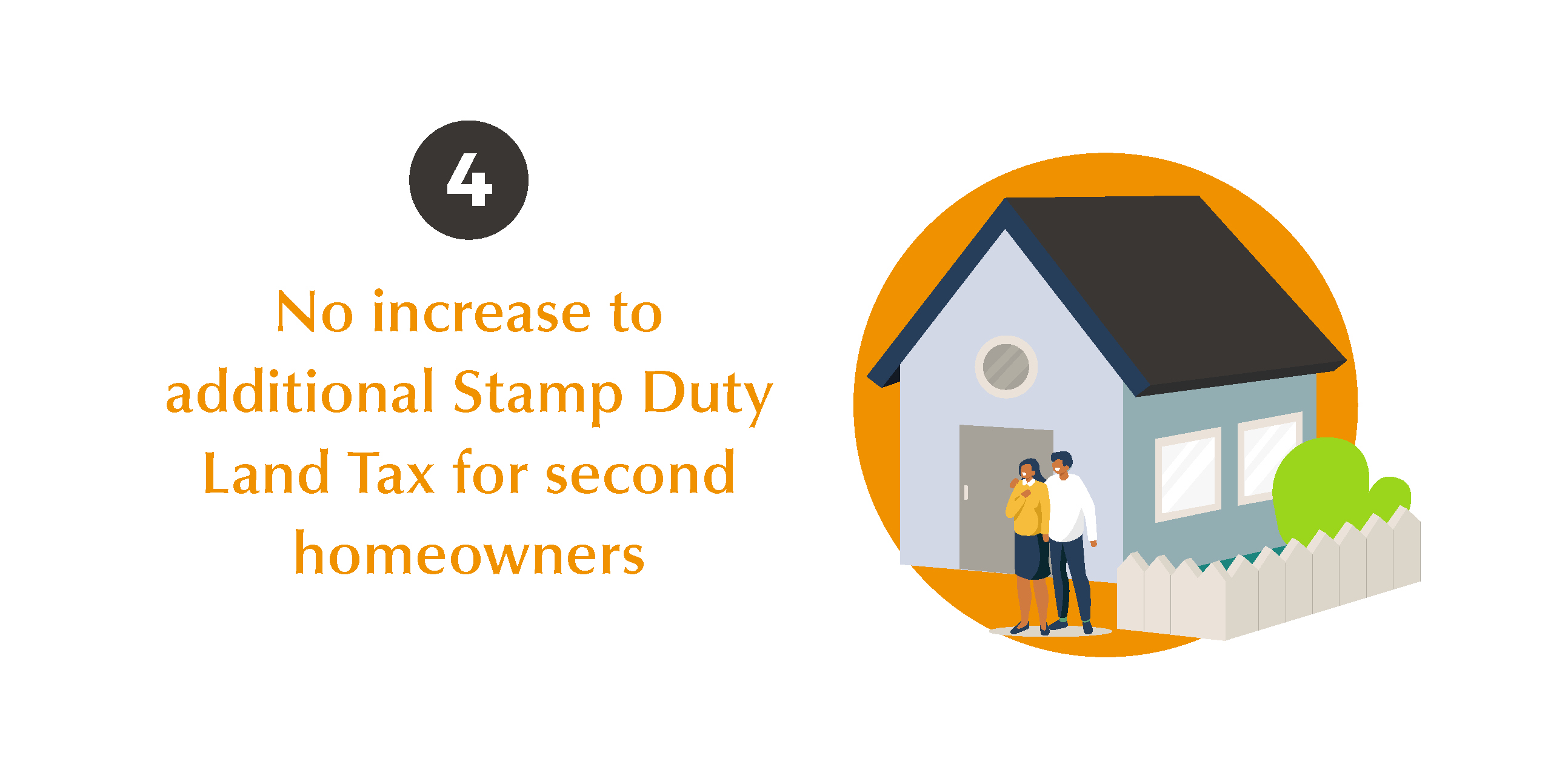In the Autumn of 2021, things were looking good. The economy was recovering faster than expected, whilst wages were rising faster than inflation and the fear of high levels of unemployment following the end of furlough were instead replaced with record high job vacancy levels across the country.
Now we’re a few months on and the picture is different. Inflation is already 6.2% and is expected to hit 8%, with the increase due to huge fuel, food and utility hikes. Wages are now lagging way behind price growth and the sanctions placed on Russia, due to its war with Ukraine, could impact on many economies’ ability to grow – including our own.
It’s against this rocky backdrop that Rishi Sunak delivered this year’s Spring Statement, outlining the Government’s plans to help drive the economy forward during these tricky times.
Here’s our quick summary, highlighting some of the changes announced that may impact you, either this year or in the future.
The Government’s outlook on the UK economy
In the last budget, the growth forecast for the economy for 2022 was 6%. But with the high level of economic uncertainty, this has now been reduced to 3.8%, with the aim of reaching a more ‘normal’ 1.8% in 2023.
The other key news is inflation. At the last budget, the view was that inflation could reach 4% in 2022 – however, today the Office of Budget Responsibility expects it to average 7.4% over the course of this year. This is against a target and fairly long-term average of 2-3%.
Despite this, there is some good economic news in that unemployment is already at a pre-pandemic low of 3.9%, although this rate is slightly higher among those who are renting.
Although the overall economic news isn’t great, it’s still expected to do well and the cost of borrowing, which is currently 83.5% of GDP, is expected to fall to 79% in 2026/7 – i.e. we’re still expected to pay down our debt.
There were several key announcements that will affect many people, either right now or in the future:


- Improvements to take-home pay
Whether you agree with the upcoming National Insurance increase of 1.25% in April or not, this is going ahead. However, there is some good news in that a lot fewer people will be affected.
This is because National Insurance will now only be applied once people start earning more than the personal allowance of £12,570. Previously, the threshold was £9,568 (that’s for PAYE employees – different rates applied for the self-employed).
This is good news for those earning a low wage, especially those renting, as it could mean an additional £330 a year in their pockets.

And finally, although you’ll have to wait until 2024, the Chancellor has promised to cut basic rate income tax by 1p, which is good news for most workers as it’s a real rise in take-home pay.
- Help with energy and fuel rises
The most immediate and biggest cut is the reduction of 5 pence in the fuel tax level, effective as of 6pm on Wednesday 23rd That will help everyone who drives, including homeowners, landlords and property investors.

Secondly, for those keen to improve the energy efficiency of their properties, the Government is now offering to reduce VAT to zero on things like solar panels, heat pumps and insulation. With the current proposal that all newly-let properties will need an EPC rating of C by 2025, this saving could be significant for all those landlords who need to make improvements to ensure their property can continue to be legally let. If you’re one of our landlords looking to get energy efficient works completed on your property, get in touch with your property manager who will be happy to book these in.
Finally, for those vulnerable households that are really struggling to pay their utility bills and afford food, the ‘Household Support Fund’ – which local authorities can use at their discretion and which is currently £500 billion – will be doubled from April this year.
Even if this doesn’t apply to you directly, if your contract holder is struggling with their bills and worried about continuing to afford their rent, it’s worth making sure they’re aware of this (and other) help and support that’s available.
- Support for businesses
In addition to the above, if you run a business there is some additional support, including:
- Raising the employment allowance to £5,000 from April
- A 50% discount up to £110,000 on business rates for retail, hospitality and leisure sectors
- Financial support for those that want to invest in education, such as a mini-MBA or new software.
Was this a good ‘mini-budget’ for the property market?
Given the rumours that Rishi Sunak might increase the additional Stamp Duty Land Tax for second homeowners from 3% to 4% and he didn’t, this can be considered a good budget. In addition, although high inflation is going to make life harder for everyone, it is expected to last just a few years, rather than long term. And the fact that the economy is still expected to grow well this year is good news for the property market.
Property prices have been rising well in most areas across the UK through the pandemic. In the last 12 months we have helped advise our landlords at the time of renewals with existing contract holders what uplift they should consider, whilst rents have also risen for those letting to new contract holders. This price growth in both sectors is helping the property market continue to perform well, despite the additional uncertainties we’re facing in 2022.
Are there actions worth taking following the various announcements?
If the EPC rating of your property is below ‘C’, it’s worth thinking through the kind of measures you could take to get that rating up. With landlords and homeowners being encouraged to improve energy efficiency – plus the incentive of potentially mitigating the current huge rises in utility bills – it could help both you and your contract holders.
Finally, it’s a good idea to check every year or two whether your home and rental properties are keeping up with inflation – otherwise your investments are effectively dropping in value. This is what we supply as part of our Fully Managed service to landlords. Feel free to contact us at any time and we’ll be very happy to help you work out if your property prices and rents are rising in line with the cost of living.










